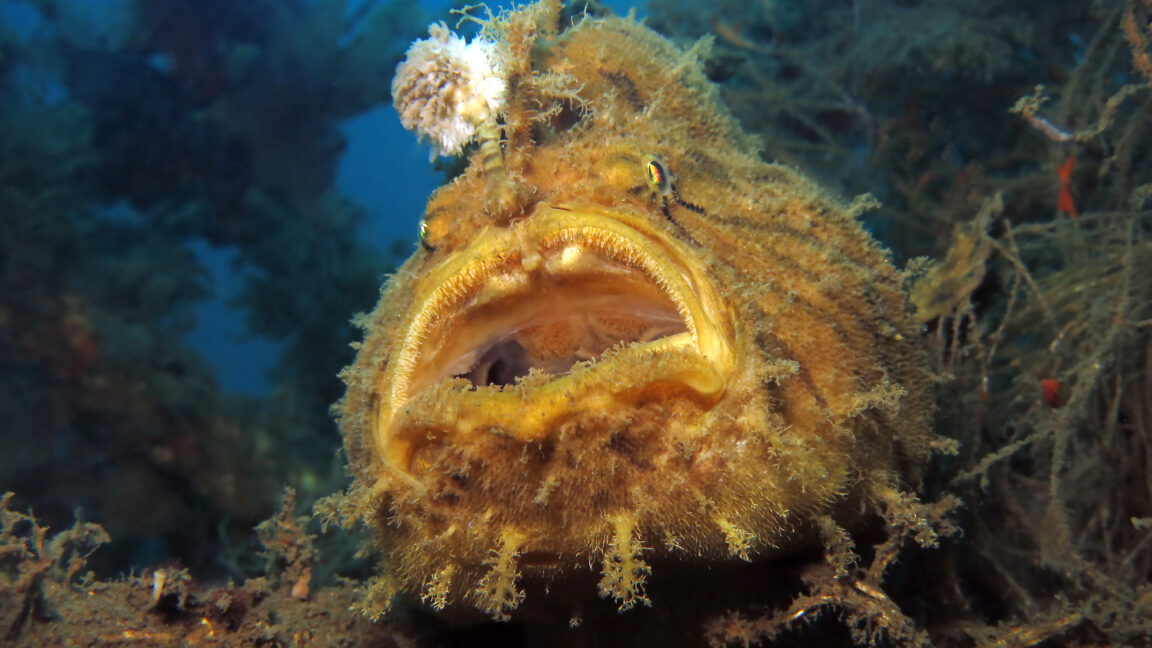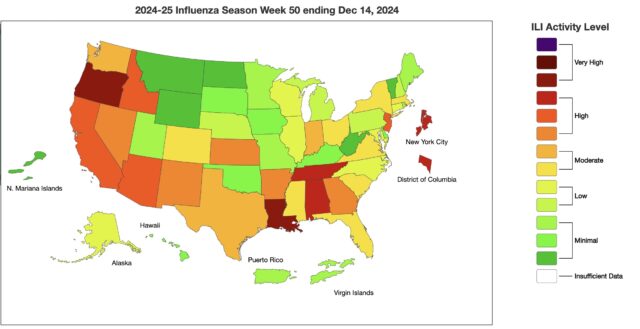Controversial fluoride analysis published after years of failed reviews
Federal toxicology researchers on Monday finally published a long-controversial analysis that claims to find a link between high levels of fluoride exposure and slightly lower IQs in children living in areas outside the US, mostly in China and India. As expected, it immediately drew yet more controversy.
The study, published in JAMA Pediatrics, is a meta-analysis, a type of study that combines data from many different studies—in this case, mostly low-quality studies—to come up with new results. None of the data included in the analysis is from the US, and the fluoride levels examined are at least double the level recommended for municipal water in the US. In some places in the world, fluoride is naturally present in water, such as parts of China, and can reach concentrations several-fold higher than fluoridated water in the US.
The authors of the analysis are researchers at the National Toxicology Program at the National Institute of Environmental Health Sciences. For context, this is the same federal research program that published a dubious analysis in 2016 suggesting that cell phones cause cancer in rats. The study underwent a suspicious peer-review process and contained questionable methods and statistics.


© Getty | MediaNews Group
















 An experiment with experienced fighters who spar freely using different styles.
Credit:
An experiment with experienced fighters who spar freely using different styles.
Credit:
















 Map of ILI activity by state
Credit:
Map of ILI activity by state
Credit:



